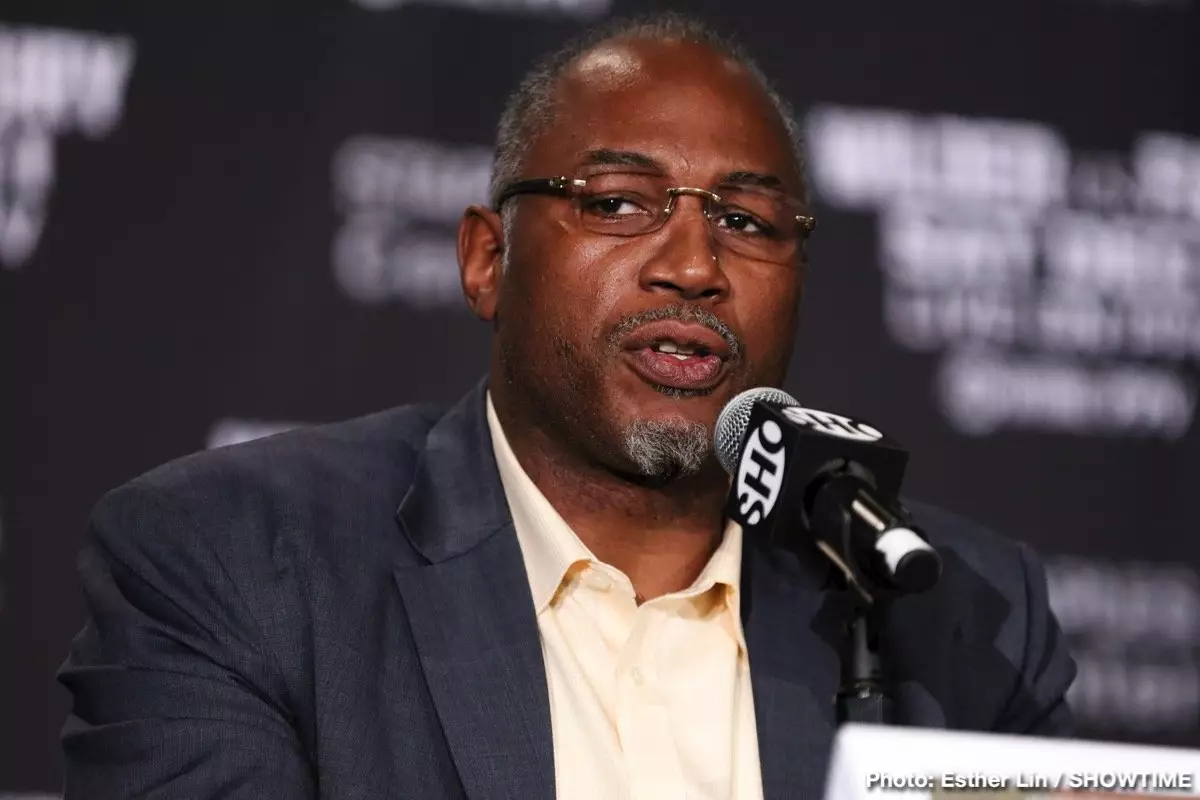In the world of boxing, few names resonate as profoundly as Lennox Lewis. A heavyweight champion who dominated his division during the 1990s and early 2000s, Lewis’s career is filled with unforgettable knockouts and fiercely contested bouts. Among the many fights that shaped his legacy, two stand out in particular: his rematches against Oliver McCall and Hasim Rahman. These encounters not only defined his career but also showcased the intersection of sport and personal connection, especially through his encounter with Nelson Mandela.
Lennox Lewis’s ascent in boxing was not merely a tale of physical prowess. Each of his 41 victories tells a story of determination and resilience. Although Lewis scored impressive knockouts against prominent fighters such as Mike Tyson and Frank Bruno, it was the losses—particularly those to McCall and Rahman—that propelled him to greater heights. Unlike many athletes who falter under pressure, Lewis turned his setbacks into a motivating force. His vow to come back and conquer those who had previously beaten him exemplifies this mentality.
The fight against Hasim Rahman in April 2001 is etched in the annals of boxing history for the shocking outcome: Lewis was knocked out in the fifth round. This defeat was more than just a loss; it was a crisis that challenged Lewis’s confidence and sparked an intense desire for redemption. It wasn’t just about regaining what was lost; it was about reasserting his identity as a champion.
In a unique twist of fate, Lewis’s journey towards redemption took a significant turn due to an unexpected interaction with Nelson Mandela. After his shocking defeat to Rahman, Lewis was supposed to meet the South African icon following what he anticipated would be a victorious match. The loss left him unprepared not only emotionally but also deprived him of the joyous occasion he had expected to celebrate.
Yet, the visit to Mandela’s residence after the loss proved pivotal. Mandela’s words were not only encouraging, they were transformative. “You’ve got to keep that right hand up,” Mandela advised, reminding Lewis of the key components of success in boxing and life. Mandela’s assurance that Lewis would triumph in their next encounter instilled a sense of renewed hope in the fighter. For Lewis, this simple yet powerful exchange transcended the sport; it was about courage and the capacity to rise from the ashes of defeat.
Months after the humbling defeat, Lennox Lewis faced Hasim Rahman again, this time in November 2001. With the confidence bolstered by Mandela’s encouragement, Lewis entered the ring with a steely determination to reclaim his title. In a thrilling rematch, he knocked out Rahman in the fourth round, delivering not only a physical victory but also an emotional one.
Post-fight, Lewis’s proclamation of “Has-been Rahman” was not merely a jab; it was a reflection of the triumph over doubt and the validation of his hard work and dedication. This victory added another chapter to the narrative of Lewis’s illustrious career—a saga that underscored the importance of mental fortitude alongside physical skill.
Lennox Lewis’s career serves as an inspiring reminder of the powerful connection between overcoming adversity and seeking guidance from influential figures. Mandela’s role in Lewis’s journey from defeat to victory exemplifies how profound encouragement can shape one’s mindset and performance, particularly in high-stakes situations.
Lewis’s achievements—most notably maintaining an undefeated record against every opponent he has faced—highlight the importance of resilience and the willingness to seek inspiration beyond oneself. In the pantheon of boxing greats, Lennox Lewis not only stands tall for his skills within the ring but also for his remarkable ability to channel personal struggles and external support into becoming a champion.
As the world of boxing continues to evolve, the legacies of its champions remind us that even the fiercest fighters must grapple with setbacks. However, it’s how they rise again that defines their true greatness.


Leave a Reply